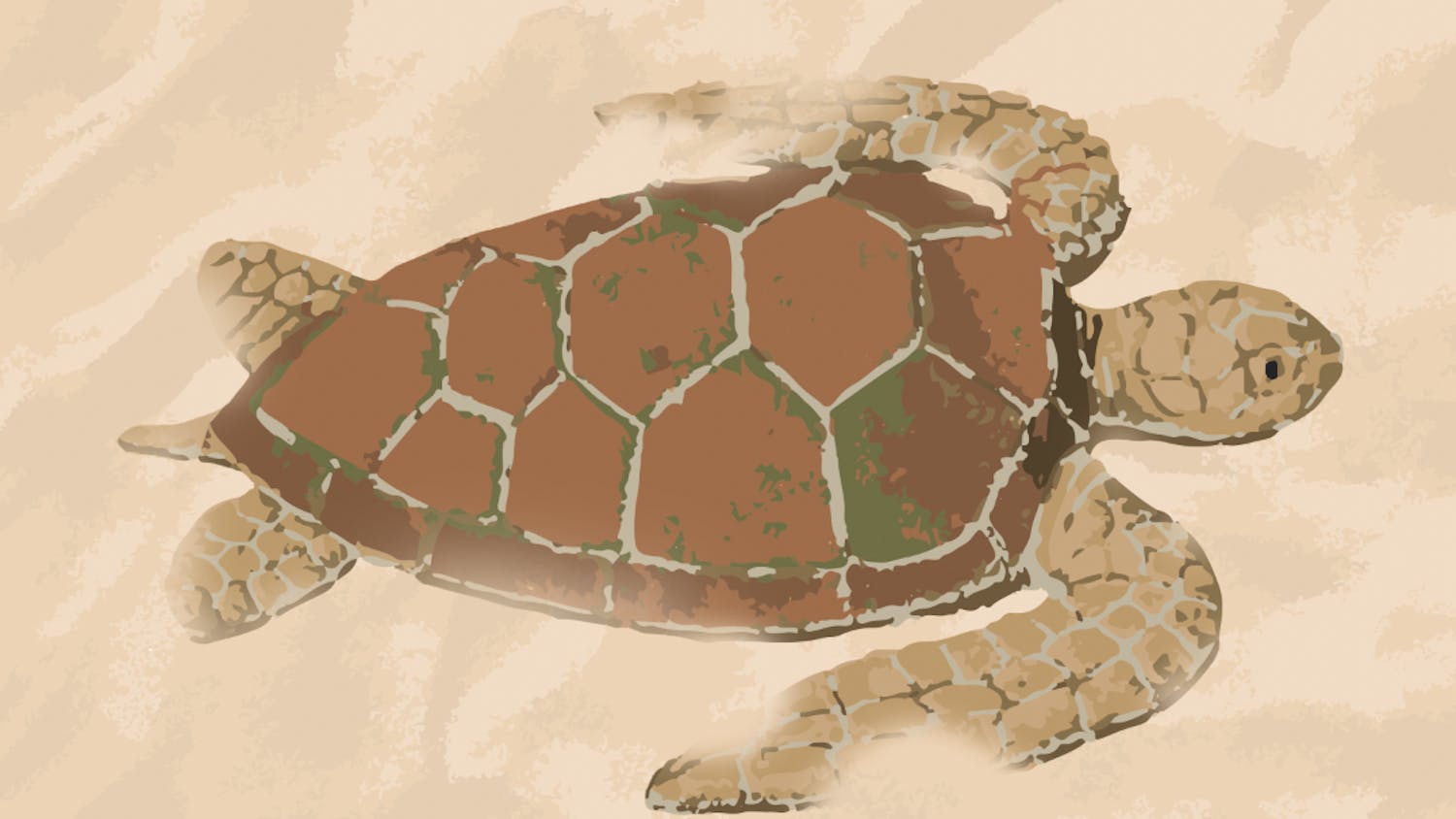Two UF scientists will send off the SpaceX-3 Dragon capsule to the International Space Station on Sunday from the Kennedy Space Center.
Robert Ferl and Anna-Lisa Paul, faculty members in the Horticultural Sciences Department of the Institute of Food and Agricultural Sciences, will monitor the capsule containing an experiment that they hope will aid them in understanding how plants function in space, according to a UF news release.
They hope to learn zero gravity’s impact on cells by examining how Arabidopsis plants grow in space.
“SpaceX-3 looks at the genes in the plants. It will look at the pattern of growth of the plants and how they respond to their environment,” Paul said.
Paul, a research associate professor of plant molecular genetics, said the name of the experiment on SpaceX-3 is “CARA”, which is an acronym for Characterizing Arabidopsis Root Attractions.
Ferl and Paul conducted previous experiments from 1999 to 2010 and learned that the roots in space grew in specific patterns away from the shoots, called skewing, according to the release.
Paul said the scientists believed the skewing pattern required gravity.
But in this space shuttle there was no gravity, so researchers are trying to find out the reasons behind this peculiar growth pattern.
“We’ve tweaked some stuff, and we’re hoping it will give us some feedback on what plants use in their environment in the spaceflight in order to survive,” Paul said.
Paul said the CARA experiment will be studied in two ways: with high-resolution images sent from the Light Microscopy Module and by studying the plants after they come back next month.
Kevin Lopez, a 21-year-old UF aerospace engineering junior, said this experiment could have further implications for plant research.
“There are a lot of things that can be gained from trying to grow plants with no gravity,” Lopez said. “You can compare the differences on how life forms grow on Earth compared to zero gravity.”
Lopez said that if the experiment is successful, he believes there is a possibility that humans can grow life in space.
“You have to start at the bottom in order to make progress in understanding space and zero gravity,” Lopez said.
According to the release, the Center for the Advancement of Science in Space, which is a national organization based in Florida that encourages science on the ISS, is sponsoring the experiment.
Paul said this experimental can benefit everyone in the UF community.
“This is important for everyone because it’s important to know how plants work,” Paul said. “The more we understand the fundamentals the better local gardeners and space partners we can become.”
[A version of this story ran on page 1 on 3/14/2014 under the headline "UF researchers to send plants to International Space Station"]





